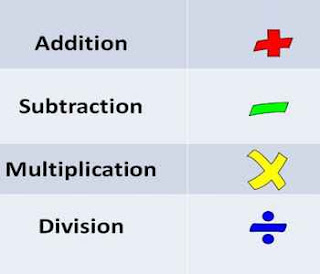Area In maths, geometry is the science of finding the measurements of shapes. There are several different measurements that can be calculated depending on the type of shape. These measurements are called dimensions. Width, depth, or height are examples of dimensions. Shapes can be broken into planes, geometric figures, or even just a point. Planes only have two dimensions such as length and width. Three-dimensional shapes have length, width and height. A point would only have one dimension. While a point doesn’t take up enough space to calculate for, planes and geometric figures do. This means planes and geometric figures have an area that can be calculated. For each shape, there is a different formula to find its area. Three-dimensional shapes have surface area since space inside them will need to be calculated differently. The area inside a three-dimensional sha...
